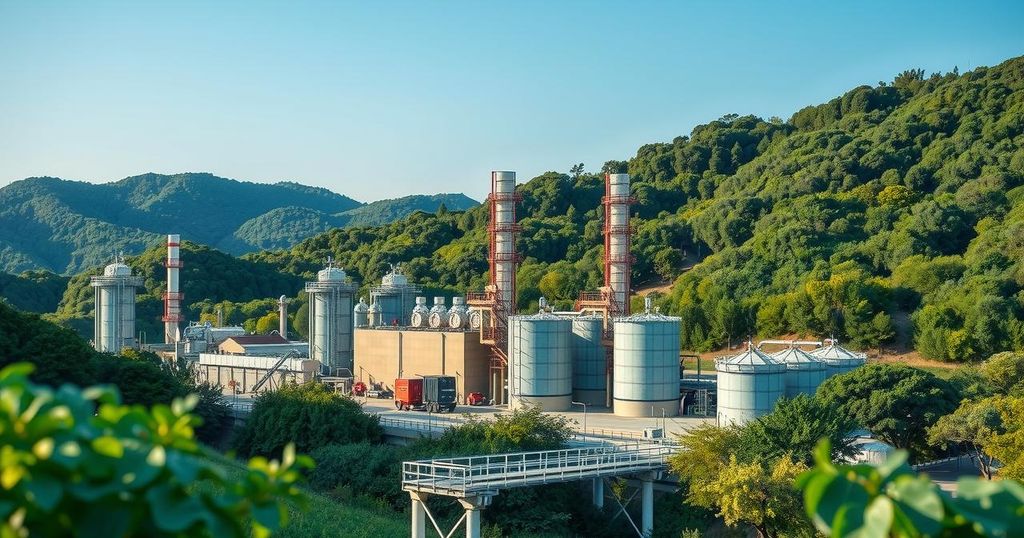Trinidad and Tobago plans to request a U.S. extension for a license enabling Shell and NGC to develop the Dragon gas project in Venezuela, crucial for regional energy security and economic growth. The project, anticipated to produce gas by 2027, hinges on negotiations and compliance with U.S. sanctions, and could generate significant revenue for both nations.
Trinidad and Tobago intends to request an extension from the United States government for the license granted to Shell and the National Gas Company (NGC) to progress with the development of a significant gas project in Venezuela. Sources familiar with the situation have indicated that the original license was issued in early 2023 as a sanction exemption, allowing Shell and NGC to advance planning for the Dragon natural gas project, expected to supply Trinidad with gas by approximately 2027.
The U.S. has amended the license to facilitate payments in either hard currency or in-kind to Venezuela and PDVSA, its state-owned energy company, extending the license expiration to October 2025. Shell and NGC will require this license extension to commence production following their anticipated final investment decision, expected later this year. The initial gas production from the Dragon field is projected to be around 200 million cubic feet per day.
U.S. sanctions impose restrictions on Venezuela’s oil and gas industry, which is dominantly controlled by PDVSA, requiring countries like Trinidad to secure U.S. licenses for revenue transactions with sanctioned entities. Trinidad’s Prime Minister Keith Rowley emphasized the significance of retaining these licenses for developing gas projects in Venezuela, underlining the importance of regional energy security.
Shell and NGC have conducted extensive research on the Dragon field, confirming the existence of at least 4.2 trillion cubic feet of gas, as previously estimated by PDVSA. Shell has completed a seabed survey to assess potential drilling locations and pipeline routes essential for the project’s logistics. The two companies are collaborating closely with Trinidad’s Energy Minister Stuart Young and Venezuela’s Vice President Delcy Rodriguez.
The Dragon field is located in Venezuelan waters near Trinidad’s maritime border, which is crucial for boosting Trinidad’s liquefied natural gas and petrochemical sectors, while Venezuela seeks financial revenue from gas exports. U.S. sanctions imposed in 2019 have limited Venezuela’s revenue sources, leading President Maduro and his allies to label these sanctions as economic warfare aimed at destabilizing Venezuela’s economy.
Should the contract negotiations between Trinidad, Venezuela, and Shell result in prices similar to recent deals, the Dragon production could generate approximately $30 million in monthly revenue. Of this amount, 20% would contribute to royal payments to Venezuela, which may not pose significant concern for the United States. Trinidad’s Energy Minister has indicated that the potential output from the Dragon field could significantly surpass its projected initial capacity, estimating that combined with another Shell development, they could yield up to 1 billion cubic feet of gas daily for Trinidad’s flagship Atlantic LNG project.
In summary, Trinidad and Tobago is poised to seek an extension for the U.S. license that allows Shell and NGC to develop the Dragon gas project in Venezuela, significant for both regional energy security and economic benefits. The project could provide both Trinidad and Venezuela with crucial gas production and revenue, contingent on final negotiations and compliance with U.S. sanctions. The collaboration between Trinidad and Venezuela’s government officials and energy companies reflects a strategic approach toward energy development in the region.
Original Source: money.usnews.com




